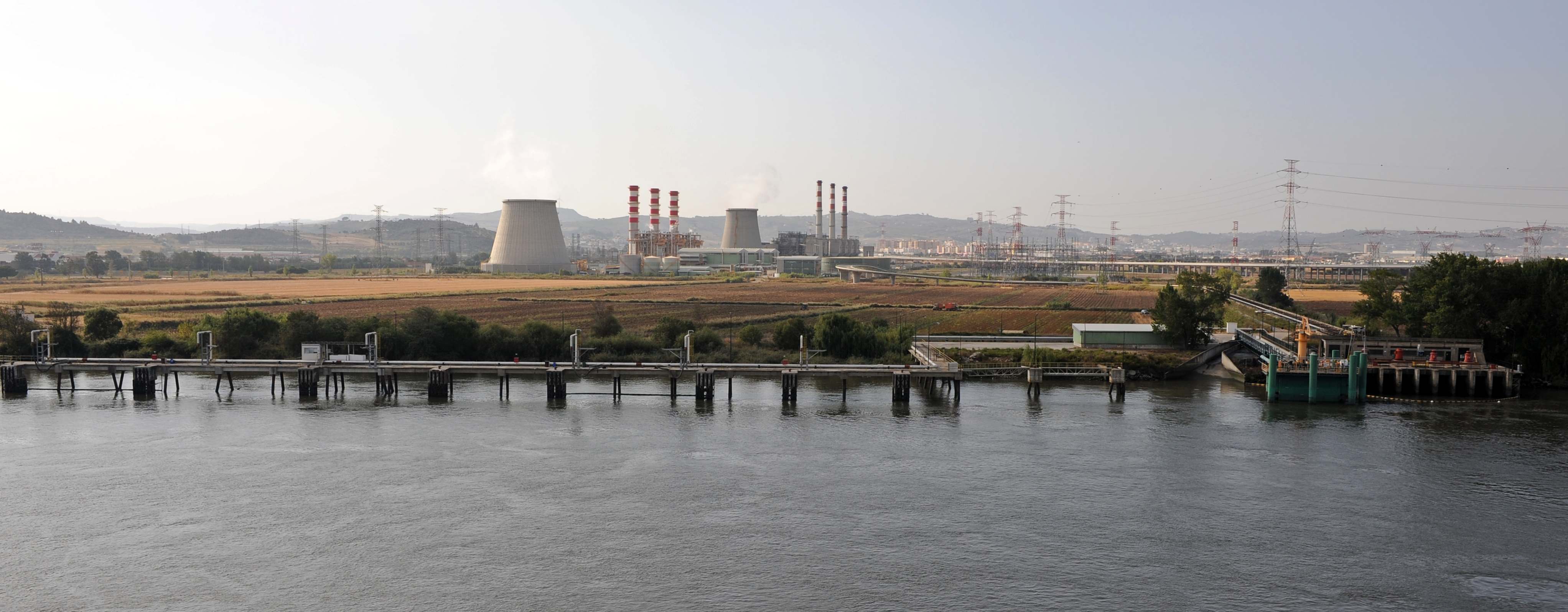
European Commission funds battery project linked to EDP power station in Portugal

BigBATT, a 150 MW battery project that will be located next to the Ribatejo power station in Portugal, was one of the European projects selected by the Innovation Fund.
The European Commission, through the Innovation Fund programme, has recognised the innovative nature of EDP's project to build one of Europe's largest batteries connected to a combined cycle power station. This recognition reinforces the group's global leadership in the energy transition and the Iberian Peninsula's potential in this decarbonisation process.
The BigBATT project involves installing 150 MW of storage batteries in Carregado, next to the Ribatejo combined cycle power station. By taking advantage of existing infrastructures, this demonstrates not only the optimisation of resources but also the viability of scalable, flexible, and innovative solutions to reduce emissions. Today, storage systems are essential to ensure the energy transition, and the storage of renewable energies provides flexibility to the electricity system.
The European Innovation Fund, managed by the European Commission, represents one of the largest and most competitive public funding instruments to support the development of innovative low-carbon technologies. It is, therefore, key to meeting the European Union's decarbonisation commitments and supporting the strategic vision of a Europe capable of achieving carbon neutrality by 2050.
EDP has already seen the GreenH2Atlantic (Portugal) and Asturias H2 Valley (Spain) projects included in previous editions of this fund. BigBATT, the only Portuguese project selected by the fund in this edition, is also the only storage initiative approved in medium and large-scale applications. This project will benefit from EDP's experience in developing energy infrastructures and will use state-of-the-art battery technology from market leaders.
The battery, with a capacity of at least two hours, will be built and operated close to the Ribatejo combined cycle power station, thus providing a reliable and efficient mechanism for storing surplus renewable energy during off-peak periods and supplying it during peak demand periods, reducing the use of gas. This has a double advantage: on the one hand, it optimises renewable production and, on the other, it contributes to the stability and reliability of the electricity grid.
The project will thus contribute to significantly reducing CO2 emissions by storing and supplying renewable electricity to the grid, improving the overall efficiency and environmental sustainability of the energy production system.
Battery energy storage systems play a crucial role in the energy transition, responding to some of the main challenges associated with integrating renewable sources into the energy mix, such as storing surplus energy produced during peak hours and using it to maintain a stable supply. EDP is strongly committed to investing in and developing these storage projects, given their importance in accelerating the energy transition on a global scale. The group's goal, as defined in its 2023-26 Business Plan, is to achieve a storage capacity of more than 500 MW worldwide.